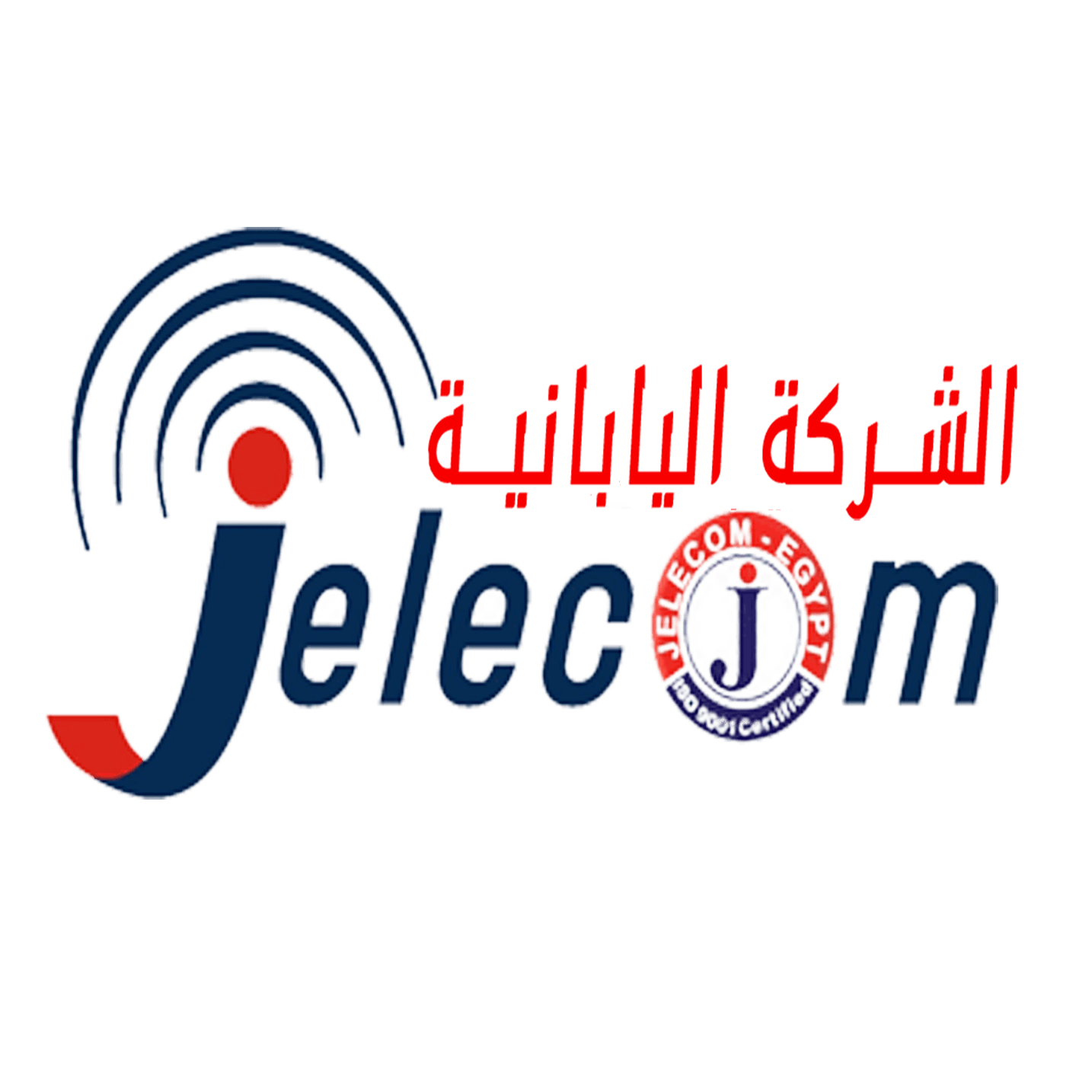Professional Understanding for NFPA 2001 (Clean Agent Fire Extinguishing Systems)
- Overview
This 36-hour professional diploma provides in-depth, practical knowledge of NFPA 2001 – Standard on Clean Agent Fire Extinguishing Systems. The program is tailored for professionals seeking comprehensive understanding of the design, installation, inspection, testing, and maintenance of clean agent fire suppression systems, including total flooding and local application systems.
The training emphasizes real-world application of all NFPA 2001 chapters and sections with a focus on system effectiveness, life safety, and compliance. Participants will engage in practical exercises, system calculations, design scenarios, and critical assessments to ensure full comprehension and ability to implement NFPA 2001 principles.
- Prerequisites
- Basic knowledge of fire protection systems or prior exposure to NFPA codes
- Background in engineering, safety, facility management, or fire services is recommended
- Familiarity with system components (detection, alarm, suppression) is helpful
- Who Should Attend
- Fire protection engineers and designers
- Safety and facility managers
- Installation and maintenance contractors
- Fire inspectors and AHJs (Authorities Having Jurisdiction)
- System integrators and consultants
- Insurance risk engineers and loss prevention professionals
- Course Duration
- Total Duration: 36 Hours
- Suggested Structure: 6 Days × 6 Hours (or 3 Days × 12 Hours with breaks)
- Includes hands-on demonstrations, case studies, and assessment activities.
- Course Content
Basic Introduction
-
- Clean agent system types (total flooding, local application)
- Acceptable agents (FM-200, Novec 1230, Inert gases)
- Human safety and exposure limits (toxicity and oxygen depletion)
- Design objectives and system functions
System Components
-
- Agent storage containers and discharge nozzles
- Piping network, control panels, detection and activation devices
- Agent types: halocarbon vs inert gases
- Pressure relief and agent handling safety
System Design
-
- Design concentration requirements for various hazards
- Room integrity and enclosure leakage
- Agent discharge time, hold time, and distribution
- Safety margins and factors affecting extinguishing performance
System Installation
-
- Installation standards for cylinders, pipework, detection elements
- Seismic support, environmental protection, and accessibility
- Nozzle placement and piping routing considerations
Inspection, Testing, Maintenance (ITM)
-
- ITM frequencies and responsibilities
- Room integrity testing (door fan test)
- Cylinder weight and pressure checks
- System recharging and hydrostatic testing
Training and Safety
-
- Personnel training requirements
- Safety protocols before and during discharge
- Warning signage and safety interlocks
Marine Systems
-
- Specific requirements for shipboard applications
- Compatibility with IMO and SOLAS standards
if you would like to get our course content please register . . .
Jelecom Egypt
Jelecom is an Egyptian Company which has professional Engineers for Engineering Projects and it provides Technical Training and Solutions for both Engineers and Technicians in Industry & Academy
Contact Us
🗺️Address:
Building No. 28, July 26 Street, downtown, in front of the High Court, Banque Misr Building – Cairo, Egypt.
📱Tel ( For Training ):
01011981001
01022612092
01022612094
01022612095
📱Tel ( For Sales ):
01001605695
01008636386
01000480103
01000480104
📧E-Mail :
info@jelecom.com
